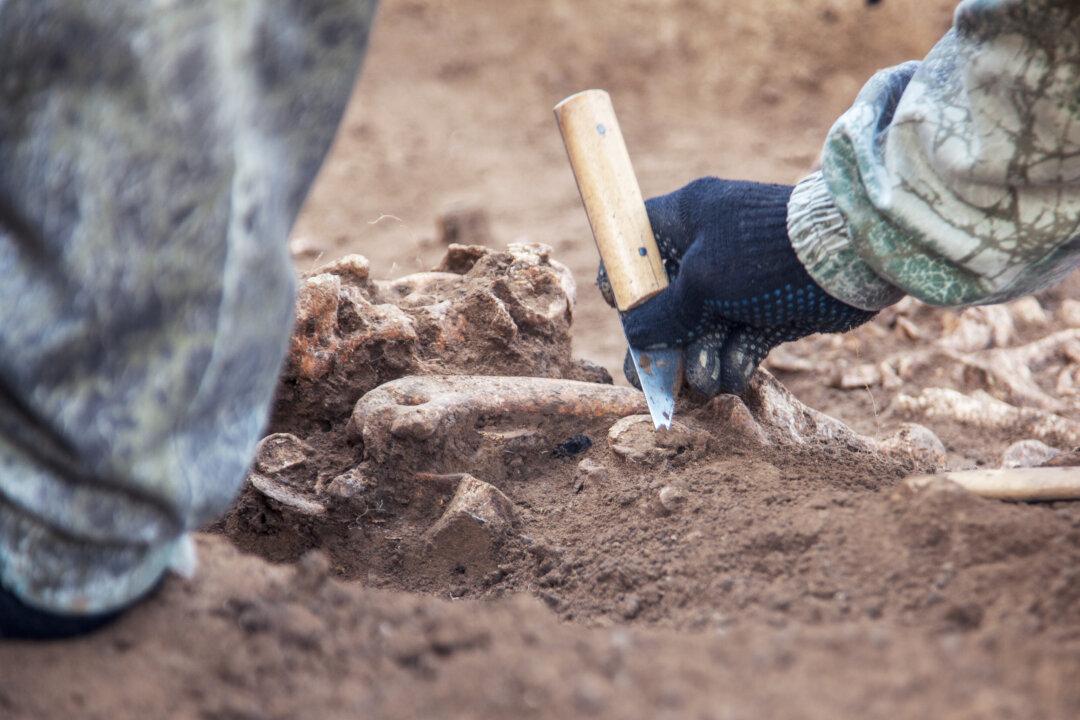Commentary
Anthropology was once a noble academic discipline, dedicated to the scientific exploration of human societies in all their ethnic, linguistic, institutional, and cultural diversity. The anthropologist’s role was to study people whose social relationships—both to each other and to outsiders—are grounded in customs and values unfamiliar to us. Study, not judge. Indeed, Canada’s fervent embrace of multiculturalism was a policy outcome of that academic model.





